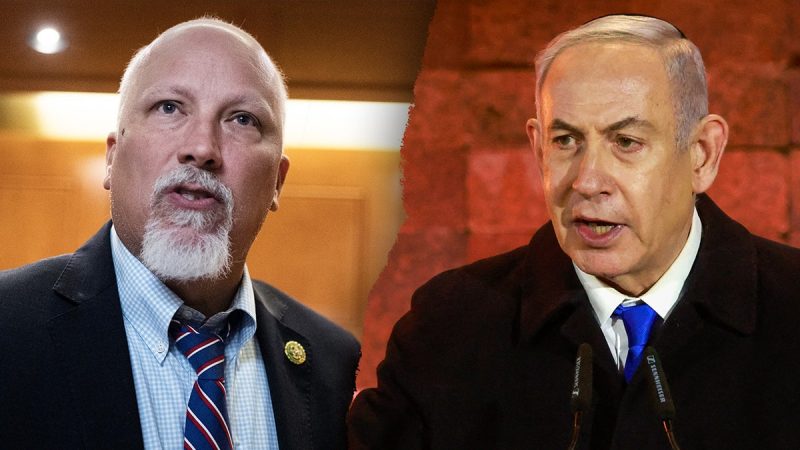The recent actions by the International Criminal Court (ICC) targeting officials from the United States and Israel have sparked outrage and calls for consequences from GOP Congressman Chip Roy. In a bold move, Roy has demanded sanctions be imposed on ICC officials involved in pursuing cases against the two countries.
The ICC has been under scrutiny for its handling of alleged war crimes and human rights violations, particularly in cases involving the U.S. and Israel. Roy’s call for sanctions comes as a direct response to what he perceives as biased and unjust treatment by the ICC towards these nations.
The timing of Roy’s demand is significant, as the U.S. and Israel have both expressed strong opposition to the ICC’s investigations. The Trump administration had previously imposed visa bans on ICC officials involved in the investigations, and Roy’s call for sanctions further underlines the stance of the U.S. government on the matter.
In addition to his push for sanctions, Roy has also called on the Biden administration to take a firm stand against the ICC’s actions. He argues that the U.S. should not be subject to the jurisdiction of an international body that he views as overstepping its bounds and targeting American officials unfairly.
Roy’s stance has garnered support from fellow Republicans, who also criticize the ICC’s actions as politically motivated and an infringement on national sovereignty. This issue has once again brought the debate over the role and authority of international bodies like the ICC to the forefront of discussions on foreign policy and human rights.
It remains to be seen how the Biden administration will respond to Roy’s demands and how the ICC itself will react to the increasing pushback from the U.S. and its allies. The issue of international justice and accountability in cases of alleged war crimes and human rights violations is a complex and sensitive one, with implications not just for the countries involved but for the global community as a whole.
As the situation unfolds, the actions and decisions of key players like Chip Roy, the ICC, and the U.S. government will shape the course of this debate and potentially set important precedents for future conflicts between national sovereignty and international human rights law.




























